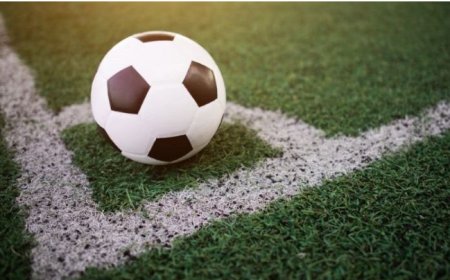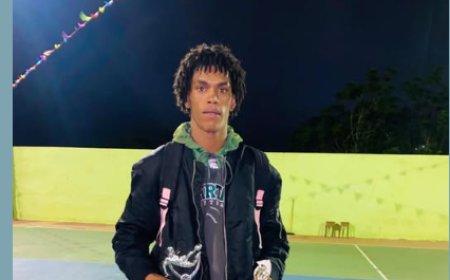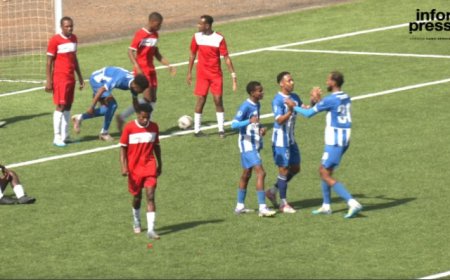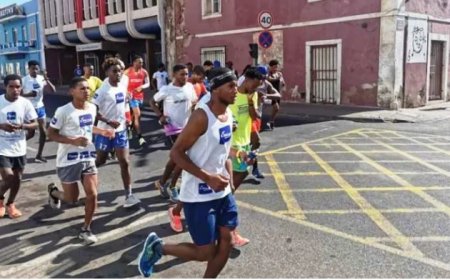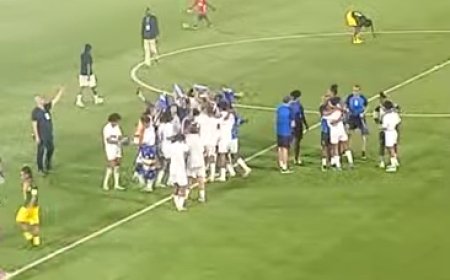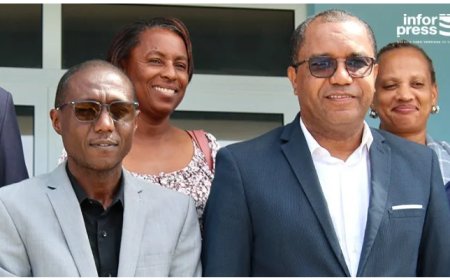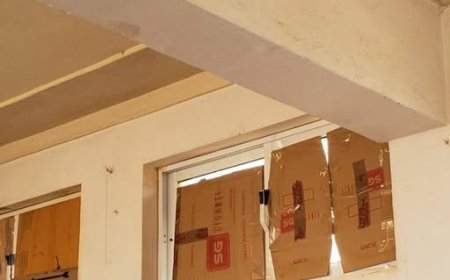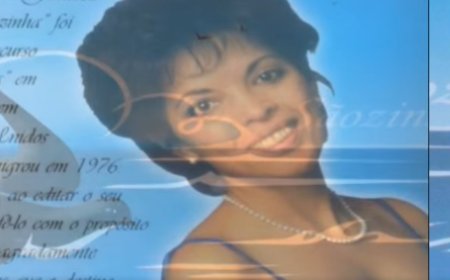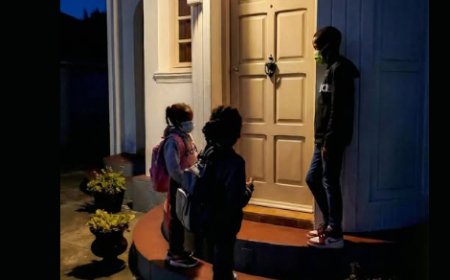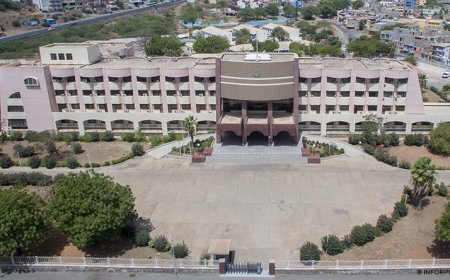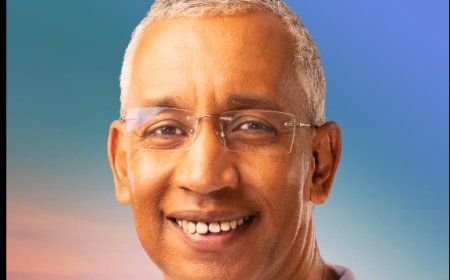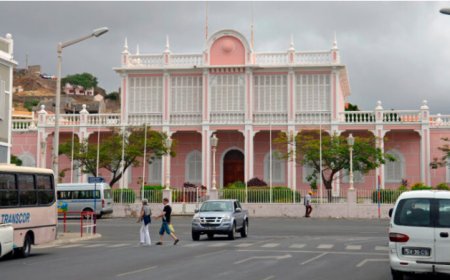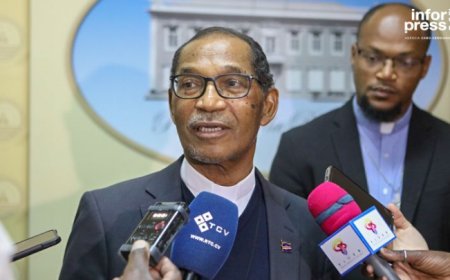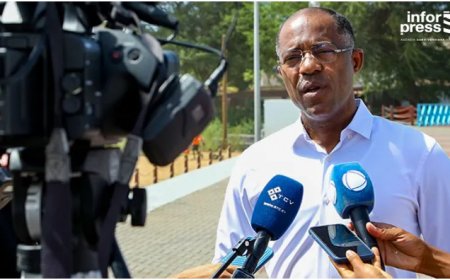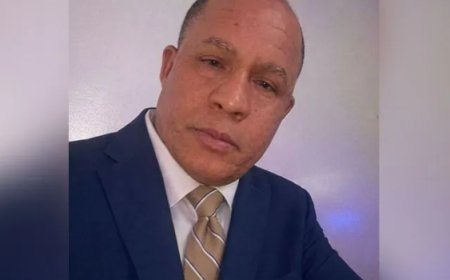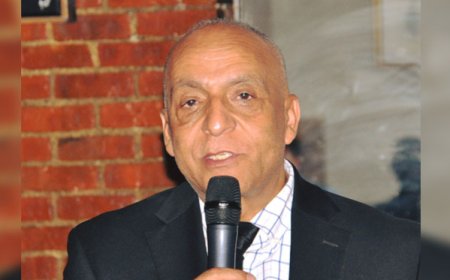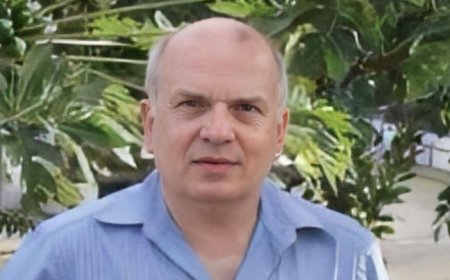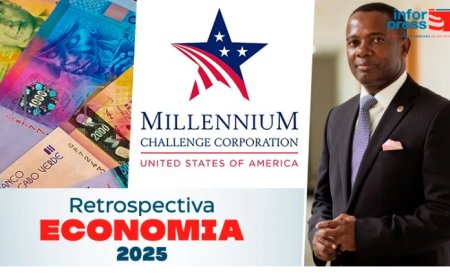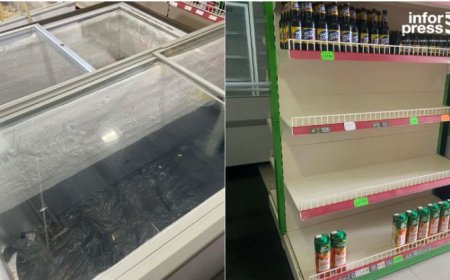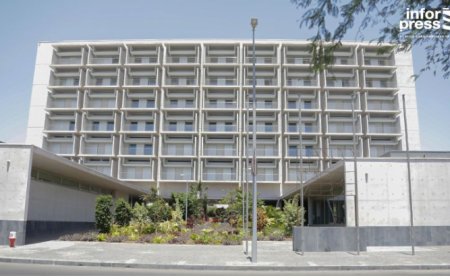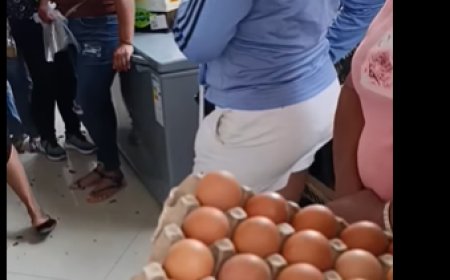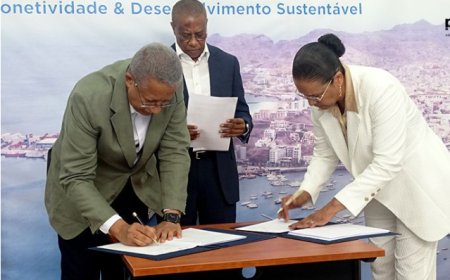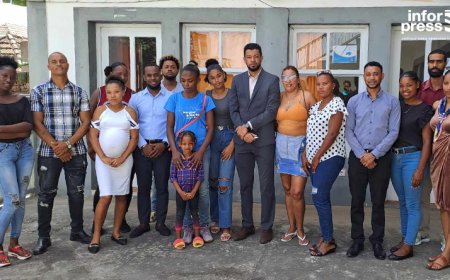Reduce project coordinator warns of need to monitor impacts of industrial fishing
The general coordinator of the Reduce Project, Jacob Gonzalez-Solis, called on the government to "urgently implement" the observer program on board industrial fishing vessels operating in its waters.
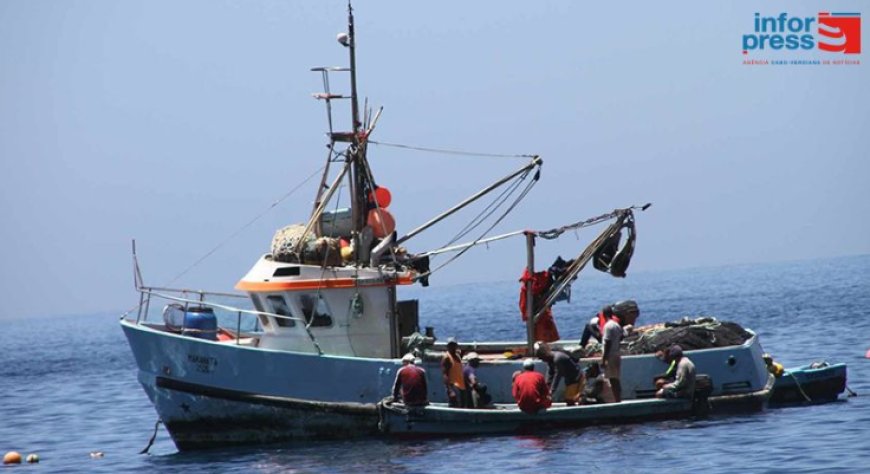
In an interview with Inforpress, the expert and professor from the University of Barcelona (Spain) said that the country lacks basic data on the real impact of this activity on vulnerable species of marine megafauna, such as turtles, sharks, rays and seabirds.
"Cape Verde is a key fishing country in West Africa, but it doesn't have an on-board observer program. This is surprising, especially when neighboring countries like Senegal, Mauritania, Gabon and Morocco have been doing it for years," said Jacob Gonzalez-Solis.
Despite the importance of the fishing sector for the Cape Verdean economy with agreements signed with countries in the European Union, Japan and others, he said that "there is no active national policy for monitoring accidental catches, known as 'bycatch'".
This represents, according to the Reduce coordinator, a failure in the sustainable management of the country's marine resources.
Among the preliminary data already obtained through the Reduce Project and European observer programs, Jacob González-Solís pointed out that around 7,000 sea turtles are caught every year in the Macaronesian region, which includes Cape Verde, and recalled that many of these species reproduce on the islands of the archipelago and are "under strong pressure".
The type of fishing influences the impacts because, he explained, the "longline", which consists of a main line on which thousands of hooks are placed behind the stern of the boats, represents the greatest risk for turtles, while "purse seining has caused high mortality rates" for sharks and rays, including protected species.
"These catches, often accidental, are rarely reported by non-European vessels that operate without any kind of local monitoring," said the same source, stressing that currently only a few Spanish and French vessels have their own observer programs, covering around 10% of the fleet.
The data collected by these observers feeds into projects such as Reduce, but according to Jacob Gonzalez-Solis this is insufficient and the government is "not interested".
"There is no clear interest in sustainable fishing. This puts marine biodiversity and the country's international reputation at risk," said the researcher, who stressed that the bycatch of seabirds in the case of industrial fishing is relatively low, with artisanal fishing being the main cause of mortality of these birds in Cape Verde.
However, the situation is different for turtles and sharks, whose deaths are "highly concentrated" in industrial fishing and are still "not being properly accounted for".
The Reduce Project, funded by the European Union with nine million euros and bringing together 13 partners from five countries, is willing to directly support Cape Verde in collecting data, through the free installation of electronic monitoring systems on industrial vessels, as a modern and effective alternative to human observers, said Jacob González-Solís.
The electronic monitoring system uses cameras and artificial intelligence to record and analyze catches in real time, automatically identifying target species and accessories with "high precision".
According to Jacob Gonzalez-Solis this could be a "more viable and scalable" solution for countries with few resources.
"Reduce can pay for these facilities. All we need is the will of the Cape Verdean government and the collaboration of shipowners who agree to start this experiment. The future of sustainable fishing can depend on this model," said Jacob Gonzalez-Solis.
The same source said that with this system there is no need to deploy one person or maintain a team of ten observers.
While other African countries are making progress in fisheries management, Cape Verde still faces a critical gap in information and action.
For the coordinator of the Reduce Project, the time is now and concrete measures need to be taken to protect marine ecosystems and ensure sustainable fishing.
The implementation of monitoring programs and transparency in fishing activity can not only preserve endangered species, but also strengthen Cape Verde's role as a regional leader in ocean conservation, said Jacob González-Solís.
The researcher took part on October 10 and 11, in São Filipe, in the IV Conference on the Decade of the Ocean promoted by the Presidency of the Republic.
Inforpress/End





